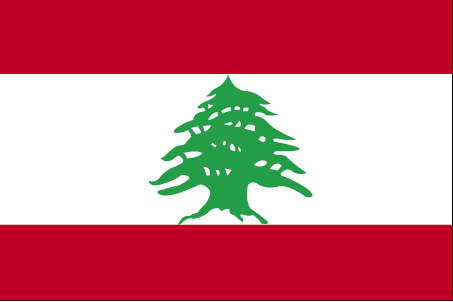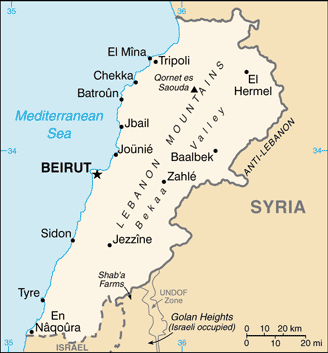Investing in Lebanon


Lebanon has a free-market economy and a strong laissez-faire commercial tradition. The government does not restrict foreign investment; however, the investment climate suffers from red tape, corruption, arbitrary licensing decisions, high taxes, tariffs, and fees, archaic legislation, and weak intellectual property rights. The Lebanese economy is service-oriented; main growth sectors include banking and tourism. The 1975-90 civil war seriously damaged Lebanon's economic infrastructure, cut national output by half, and all but ended Lebanon's position as a Middle Eastern entrepot and banking hub. In the years since, Lebanon has rebuilt much of its war-torn physical and financial infrastructure by borrowing heavily - mostly from domestic banks. In an attempt to reduce the ballooning national debt, the Rafiq HARIRI government in 2000 began an austerity program, reining in government expenditures, increasing revenue collection, and passing legislation to privatize state enterprises, but economic and financial reform initiatives stalled and public debt continued to grow despite receipt of more than $2 billion in bilateral assistance at the 2002 Paris II Donors Conference. The Israeli-Hizballah conflict in July-August 2006 caused an estimated $3.6 billion in infrastructure damage, and prompted international donors to pledge nearly $1 billion in recovery and reconstruction assistance. Donors met again in January 2007 at the Paris III Donor Conference and pledged more than $7.5 billion to Lebanon for development projects and budget support, conditioned on progress on Beirut's fiscal reform and privatization program. An 18-month political stalemate and sporadic sectarian and political violence hampered economic activity, particularly tourism, retail sales, and investment, until the new government was formed in July 2008. Political stability following the Doha Accord of May 2008 helped boost tourism and, together with a strong banking sector, enabled real GDP growth of 7% per year in 2009-10 despite a slowdown in the region.
Central Bank of the Lebanon - http://www.bdl.gov.lb/
TOTAL Lebanon - http://www.total-liban.com/
Countries that border Lebanon: Israel | Syria
Learn more:
Back to Country Investing



